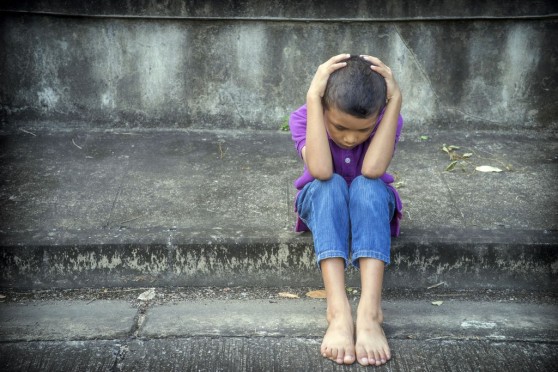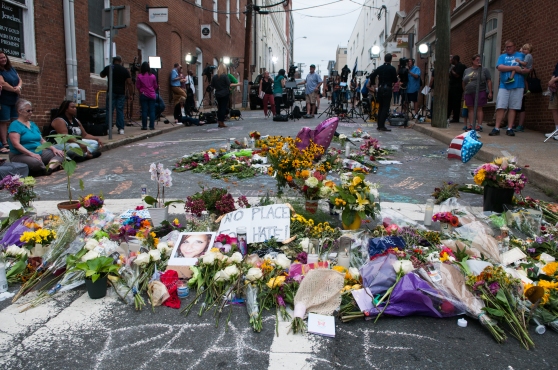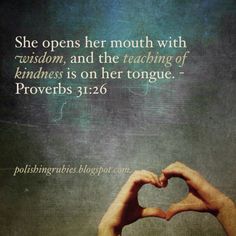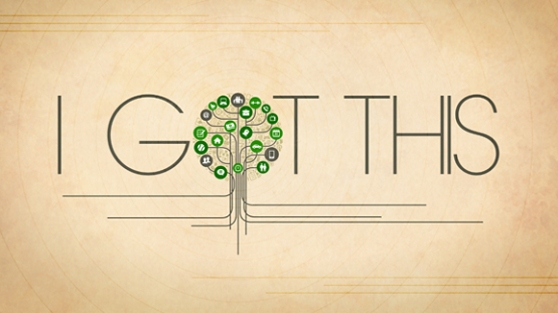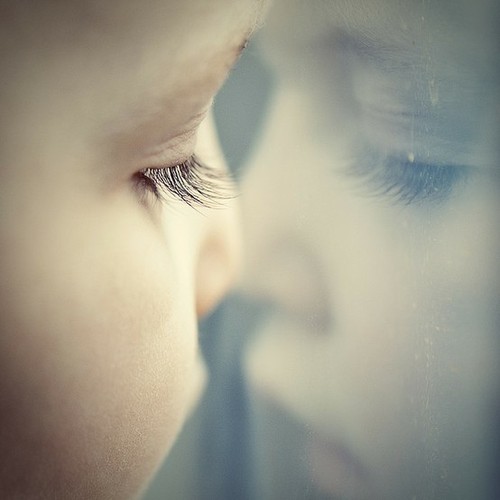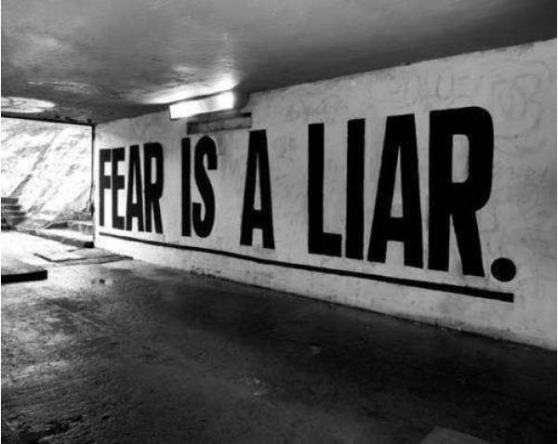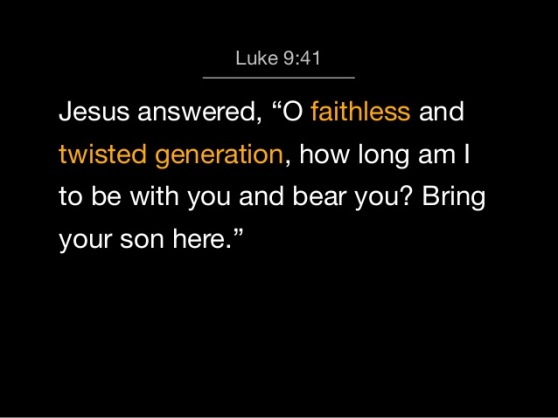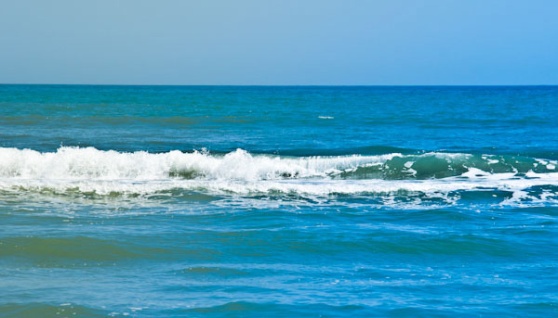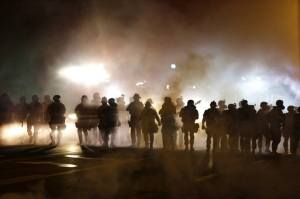
This sermon was preached at Ashland Presbyterian Church in Hunt Valley, Maryland on July 22, 2018. It is part of the Worship Series “The Gospel According to Mr. Rogers”.
When we talk about racism and the church, we in mainline Christianity have a lot to apologize for. When slave owners first introduced Christianity they did so exclusively through white preachers using scripture to justify slavery, the harsh conditions of their lives, and pushed themes of submission to their Lord and Masters.
But this was not the first time racism was used in Christianity, in fact, it has been an issue since it’s inception. It didn’t begin as black and white, but as Jew and Gentile.
It started with Jesus, when speaking to the Canaanite woman (Matthew 15:21-28). This foreign gentile (meaning non Jewish woman) asked Jesus to help her daughter who was processed by a demon. This issue was not that Jesus couldn’t do it, the issue was she was not of Jewish descent. Listen to the interaction:
24 Jesus answered, “I was sent only to the lost sheep of Israel.”
25 The woman came and knelt before him. “Lord, help me!” she said.
26 He replied, “It is not right to take the children’s bread and toss it to the dogs.”
(Yep. Jesus called the people of Israel hungry children, and her daughter a dog, but she was not having it)
27 “Yes it is, Lord,” she said. “Even the dogs eat the crumbs that fall from their master’s table.”
28 Then Jesus said to her, “Woman, you have great faith! Your request is granted.” And her daughter was healed at that moment.
As you have heard me preach before from this text, Jesus listens to the woman, and learns his own prejudice. But racism and pre-justice is a lesson that is passed down and integrated into, yes, into our religions.
After Christ’s death and resurrection, Simon, also known as Peter, was left as the head of the church, or the soon to be forming church, until a man named Saul, had a conversion to Paul.
Both were of Jewish descent, but in Paul’s conversation he had a revelation that Jesus’s message was for all people, not simply the people of Israel. So he spent his time planting churches, and telling people about Jesus who were gentiles, while Peter, focused on the people of Israel, until… Acts 10.
“For Luke, this moment is significant well beyond Peter’s life. This story is a powerful symbol of a promise prominent from the beginning of Luke’s gospel and throughout Acts, a promise represented most powerfully in the resurrection of Jesus. Without question, God’s spirit is moving. The only question is whether Peter, as well as the church, will sense the winds of change and follow God’s lead.
Though Peter finally comes to this insight in the dramatic story of Cornelius and his household, Luke has long been heralding this inclusive impulse.
After all, Jesus’ commission in Acts 1:8 declares that geographical bounds would not constrain the gospel. Peter himself proclaims anew the prophecy of Joel that the Spirit would dawn upon “all flesh” (Acts 2:17).
An Ethiopian eunuch has already received baptism (Acts 8:26-40). Even more, these promises began with the opening of Luke’s gospel. Simeon declares that Jesus would be both “a light of revelation to the Gentiles and for glory to your people Israel” (Luke 2:32).
Jesus’ first sermon ends rather inauspiciously when he reminds his neighbors that Elijah shared the goodness of God beyond the bounds of Israel. In other words, the Spirit long preceded Peter’s realization. Peter only came to realize the radical scope of this movement well after the Spirit had begun working.
Luke portrays this as a monumental speech. His thesis is a brief but powerful theological insight: “I truly understand that God shows no partiality” (cf. Romans 2:11).
No matter our place of origin, the same God reaches out to us; the same gospel calls us home. Social boundaries and ethnic differences are no obstacle to the gospel.[i]
As we have been traveling through our series on The Gospel According to Mr. Rogers, inclusion has been a big theme. Mostly the inclusion of children in their concerns and feelings about and for the world.
In today’s clip, we see Mr. Rogers living the gospel of inclusion in an obvious, but life changing way. Let’s watch…
In 1969, while Jim Crow laws were still in effect, a quiet Presbyterian minister and an African-American police officer show the world how to integrate swimming pools. Rogers invites; Clemmons accepts. As Clemmons slips his feet into the pool, the camera holds the shot for several seconds, as if to make the point clear: a pair of brown feet and a pair of white feet can share a swimming pool.
The clip we saw, was nearly 25 years later. A much older Rogers and Clemmons sit with their feet in a similar blue wading pool talking about the many different ways that children and adults say “I Love You”–from singing to cleaning up a room to drawing special pictures to making plays. As the scene ends, Rogers takes a towel and helps Clemmons dry his feet with a simple, “Here, let me help you.”
Cornelius was a Godly man; his Alms to the poor were recognized by God as a “memorial offering”, despite his being a gentile. Peter heard through his vision “What God has made clean, you must not call profane”.
Mr. Rogers reenacted this gospel through a foot washing on public television for the world to see. He put to life the word Paul brought to the Galatians “There is no longer Jew or Gentile, slave or free, male and female. For you are all one in Christ Jesus.”
This is the gospel of Christ, it may be a lesson sometimes hard to learn in the worlds in which we live, consistently trying to separate us, but we know, what Mr. Roger’s knew, we are all children of God, and special in God’s sight.
May it be so… Amen.
[i] https://www.workingpreacher.org/preaching.aspx?commentary_id=1261

